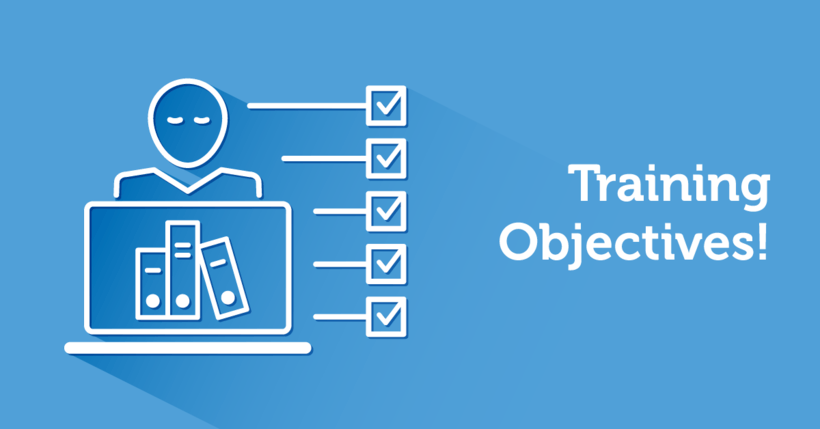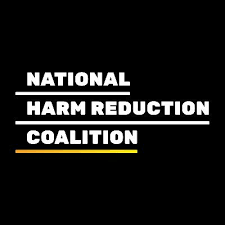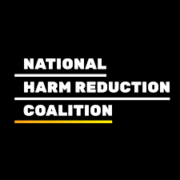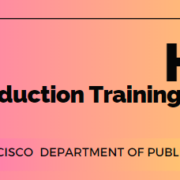04.18.24 9:30 am – 11:30 am – Harm Reduction Communication (Online Training)
Thursday, April 18, 9:30 am – 11:30 am

Training Overview:
In this two hour training participants will have the opportunity to explore what communication is, how our identity and our experience intersects/impacts our ability to communicate. They will also unpack and discuss the concept of power in communication and how to apply a harm reduction approach when communicating with others.

By the end of the training, participants will be able to:
- Identify what is communication and why we communicate
- Name the impact of filters, distortions and other barriers in communication
- Practice active listening
- Define what effective communication is
- Understand the importance of boundaries in communication

Join Zoom Meeting
| If you encounter any issues with the Zoom meeting link, please email HRTI@sfdph.org |

Continuing education units (CEUs) are available thanks to the Center for Learning and Innovation (CLI) for the following disciplines:
- Certified Addiction Professionals (CCAPP)
- Licensed Clinical Social Workers (LCSW)
- Licensed Educational Psychologists (LEP)
- Licensed Marriage and Family Therapists (LMFT)
- Licensed Professional Clinical Counselors (LPCC)
- Registered Nurses (RN)
In order to receive your CEUs, you must complete the following:
- Sign in and sign out of the training using the chat in Zoom.
- Complete the evaluation after the training AND complete the 3 post-question quiz
- You will receive a certificate of completion at the end of the training if you fill out the evaluation.
- CEUs will be emailed to you within 1 month.
Attending one of these trainings fulfills the annual harm reduction training contract requirement, which is part of the SFDPH Declaration of Compliance for SFDPH systems of care and funded agencies that provide direct service to clients.
Equity Statement
The San Francisco Department of Public Health is committed to leading with race and prioritizing intersectionality, aiming to become an anti-racist institution. Participants in SFDPH activities must adhere to professional conduct standards and respect diverse identities. Discriminatory behavior will not be tolerated, and offenders may be removed and barred from future events.








